My Habits For Health And Happiness
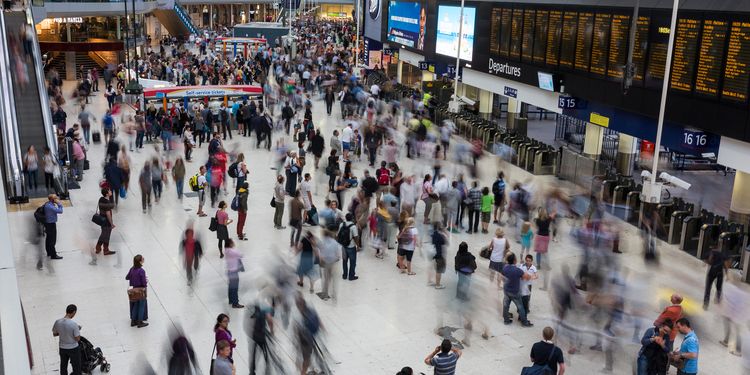
It seems that every day lately is a race against the clock. Most of my days are occupied by my Monday through Friday 9 a.m. to 4 p.m. classes. The hours that remain are eaten up by the endless stream of projects, presentations, and studying required of the seven to eight courses per term that I’m taking.
Naturally, I’m finding it difficult to budget some free time for myself. And if I do get a spare hour here or there, I’m finding that my brain is basically intolerant of anything other than Netflix.
For me, my food choices are the first thing to suffer when I feel pressed for time. Especially when I’m looking for quick sustenance to get me through a study session.
Sleep also seems like a time sink, especially when I’m cramming for something the next morning. What starts as a few missed hours of sleep here and there ends with fewer than six hours of sleep a night.
Then my exercise routine dwindles to nothing more than my five-minute walk to and from the train every day. I also start to notice that it’s been way too long since I’ve played my guitar, made a tincture, or been out with friends.

How to Prioritize Health and Happiness
I’m by no means an expert on time management, but as my previously stress-free life began to suffer, the need to implement some new habits became increasingly apparent.
These suggestions will hopefully help with maintaining your healthy diet and regular exercise routine despite a tight schedule. But for me, “health” is more than just a diet and exercise routine. It’s about having community and doing things and being with people who bring you joy. Thus, the main goal of these guidelines for my life is to increase my productivity to free up some time and energy to do the things I love.
Don’t Sacrifice Sleep
I’m making a concerted effort to make sleep my number one priority. It’s becoming more of a rule for me rather than a guideline. I find that the other suggestions on this list are a lot easier to follow if I’m well-rested.
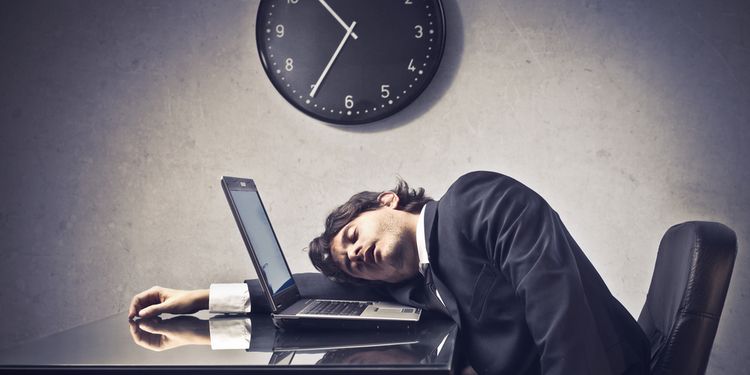
It seems easy to go to bed just a few hours later or wake up just a few hours earlier to squeeze in a little bit more work or study time.
But when I sleep less, I actually end up with a net loss of what I call “functional time.” Functional time is when I’m motivated and working efficiently and effectively. What I accomplish in an hour after 11PM can be accomplished more efficiently and with greater quality in the morning after a full night’s sleep.
Staying up later also impacts my productivity the next day and leaves me feeling tired and foggy. I’ve also noticed that I get moody and sick a lot more often when I’m not getting adequate sleep.
I’ve been shooting for 7-8 hours of sleep per night and can already see the benefits, not just in my academic performance, but also in my mood, energy levels, and stress tolerance. Not to mention I’m not coming down with a cold every other week.
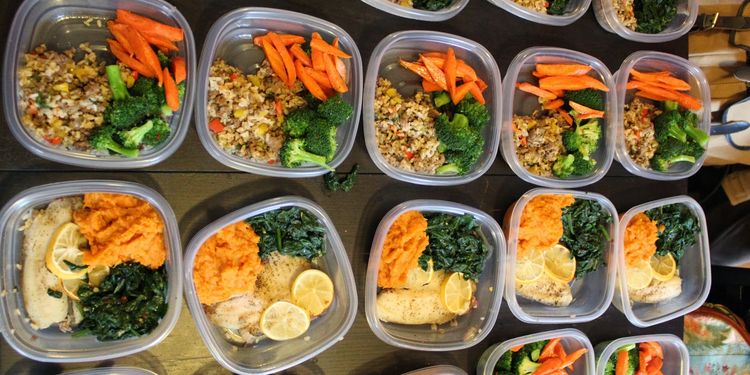
Take the Decision-Making Out of Eating Healthy
I’m not a big fan of meal prep. I don’t like the idea of eating the same thing every day or eating food that has been sitting in the fridge for a week after being cooked.
That being said, I don’t like having to make spur-of-the-moment decisions about what I’m going to eat next. It’s in these moments that I’m more likely to grab quick and dirty foods, especially when I’m pressed for time.
A lot of time and energy is used up in the decisions we make throughout the day, especially decisions about what to eat. In this way, meal prep and eating the same thing every day is helpful for eliminating some of the brainpower wasted on making decisions about food.
I’ve come up with a happy medium. I’ll admit, I do almost no cooking when I’m really busy, and luckily I have a health-conscious partner who is enthusiastic about cooking. But what has worked for me when I’m doing the cooking is only deciding one of the day’s meals and always making extra.

My one meal requiring a decision is usually dinner during the week. My partner and I always make enough to have for our lunches the next day. This leaves only one decision to make at breakfast the next morning.
I start most mornings with the same breakfast: Dave Asprey’s Bulletproof coffee. Bulletproof coffee is a low-toxin coffee blended with grass-fed butter and medium-chain triglyceride fats from coconut oil. Aside from the incredible brain boost this beverage provides, the healthy fats keep me satiated and minimize my cravings until lunch.
The above formula keeps variety in my diet but also helps to cut down the number of decisions to be made about my food. For me, taking the decision out of healthy eating at mealtime has made eating healthfully habitual rather than something that has to be enforced.
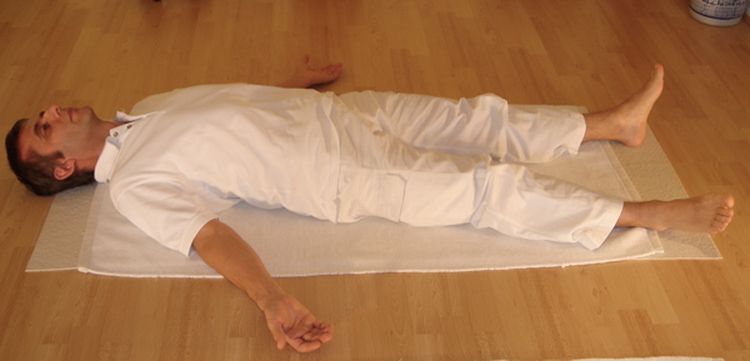
Strategies for Stress Management
This has been a tricky one for me to implement.
I haven’t had much luck with meditation, which probably indicates that I could really benefit from a consistent practice. Yoga is always amazing, but classes are usually one hour minimum and I really only do it for the Shavasana at the end.
So I’ve just been working on my breathing. This practice consists of intermittent belly breathing that I do periodically throughout the day. You would be surprised how many spare in-between minutes there are in a typical day. I’ve started to use these minutes to calm my nervous system through deep breathing.
I’m also experimenting with adaptogens. Adaptogens are herbs that have been used traditionally to increase stress tolerance by modulating the physiological stress response. These herbs have a paradoxical energizing and calming effect. Dr. Sara Gottfried, MD, recently reported the research-backed benefits of using two of my favorite herbs, Rhodiola rosea and Withania somnifera, for stress.
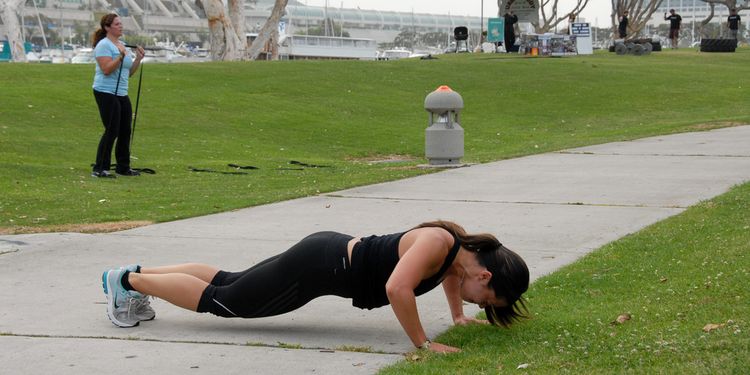
Make the Most of Your Workout
High-intensity interval training (HIIT) is a perfect style of exercise for those who have major time constraints. What I love about these workouts is that they’re quick but effective if you put in 100% effort. I often feel more tired after a 12-minute HIIT workout than I would after a 30-minute run. My intervals usually consist of body weight movements like squats, lunges, core exercises, and push-ups combined with more cardio-intensive exercises like treadmill sprints, burpees, and/or jump roping.
But like my diet, I like to vary the types of workouts I do. I also like to eliminate deciding what exercises I’m actually going to do in a workout. This is where I’ve found group workouts or workout classes to be helpful. For me, working out with others is motivating and makes working out a little more fun.
I mix it up between group exercise, independent intervals, and short runs under 25 minutes just to get my blood moving. Keeping exercise interesting is the key for me to maintain regular workouts.
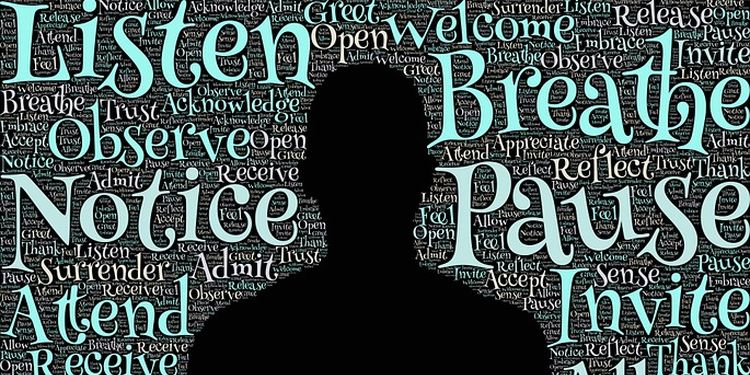
Listen to Your Body
This final suggestion is less about being more productive and more about knowing when to take some time off.
I have a tendency to push myself past my comfortable limit in most areas of my life. Whether it’s school, exercise, or diet, often my perfectionist qualities have led me to sacrifice my well-being for achievement.
But my body knows when I’m pushing too hard, and I’m starting to use these cues to navigate my work-life balance.
When I reach my work or stress limit, I’ll usually notice changes in my digestion. I’ll be chronically tired but anxious. When I lay down to go to sleep at night I have that wired but tired feeling of a million thoughts running through my head. Sometimes I’ll find myself waking up in the middle of the night reviewing to-do lists or test questions.
These are overt indicators that it’s time for a break. And acknowledging the value of these indicators in assessing my overall health helps me rationalize taking a break or even a whole night off when I feel pressed for time.
Summary
I encourage you to try one or a few of the strategies above if you’re finding your health and happiness is perpetually being challenged by a busy schedule. Get to know your body and some of the clues that can help you navigate the fine balance between work and rest to optimize your health and productivity simultaneously.
